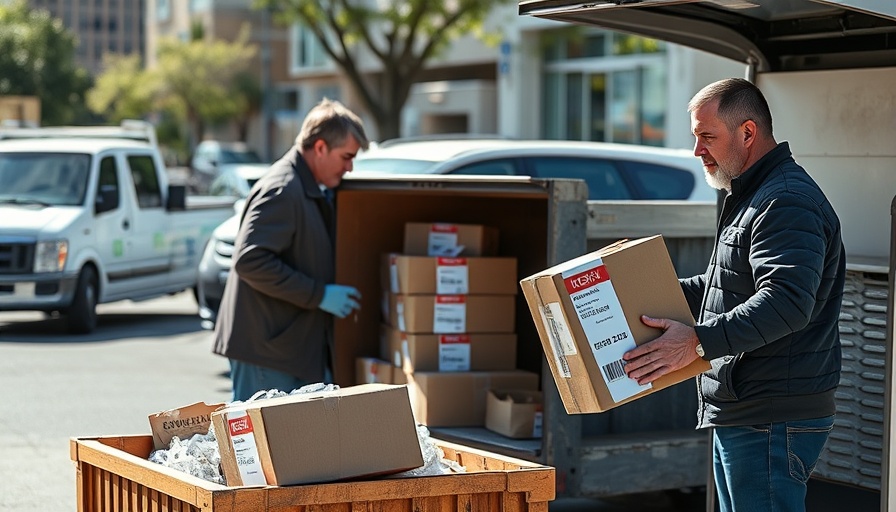
Understanding the Importance of Shredding Documents
In a world increasingly dominated by digital transactions, it might be easy to overlook the critical importance of physically shredding personal documents. Yet, events like the 13th annual Shred Day in Troy remind us of the enduring relevance of this practice.
Attendees, like Tom Kern and Karla Olsen, flock to these free shredding events, driven by the need to dispose of sensitive documents safely. The presence of people waiting in line at the Troy Family Aquatic Center not only reveals the volume of documents that may contain confidential information such as bank statements and credit card numbers but also underscores a collective consciousness about identity theft.
The Rise of Document-Centric Identity Theft
Despite the prevalence of online scams, identity theft through physical means remains a serious threat. Emily Morss from Cornerstone Community Financial Credit Union emphasizes this point: many people often believe that identity theft is primarily a digital issue. However, traditional methods of fraud still pose a risk, as scoundrels can piece together shredded documents to steal identities.
Statistics corroborate this. According to the Federal Trade Commission, over 1.4 million reports of identity theft were logged in recent years, with a significant portion involving misuse of personal data obtained from physical documents. This reality makes the practice of shredding more relevant than ever.
What Should You Shred?
At the event, Morss provided critical advice on what documents should be shredded:
- Bank statements
- Credit card statements
- Old tax forms
- Any document containing personal identification information, such as Social Security numbers
In addition, even seemingly innocuous items like shipping labels can pose risks. Morss advises attendees to redact or remove personal details before disposing of such items. Recognizing the breadth of what can lead to identity theft can empower individuals to protect themselves more effectively.
The Environmental Angle: Shredding for a Greener Tomorrow
Sandra Anthony, another Shred Day participant, highlights a unique aspect of the event: the environmental impact. Sandra's motivation isn't solely about securing her personal information. She wants to ensure that the waste created from confidential documents doesn't end up in a landfill, prioritizing sustainable disposal methods to care for future generations. This dual purpose of shredding—protecting one’s identity while being environmentally conscious—adds an undertone of social responsibility to the event.
The Bigger Picture: Community Engagement
Shred Day exemplifies more than just a document disposal effort; it embodies community awareness and involvement. The event fosters social connections as attendees swap tips and stories, illustrating how personal experiences shape behaviors related to identity protection. Adam Prisciandaro, who brought multiple boxes of documents for shredding, reflects on friends' past misfortunes with identity theft, further reinforcing the necessity of such community events. These gatherings not only help individuals but strengthen communal bonds regarding the security of personal information.
Practical Steps Beyond Shred Day
The lessons learned from the Shred Day extend far beyond the event itself. Regularly evaluating personal documents, staying updated on identity theft scams, and utilizing home shredders can be effective practices. Standard shredders allow continuous protection against potential identity theft, making it easy to dispose of sensitive documents year-round.
Relying solely on a single event can leave individuals vulnerable when it comes to sensitive document management. Therefore, partaking in year-round identity protection strategies emerges as an essential takeaway from events like Shred Day.
Conclusion: The Ongoing Need for Vigilance
The critical insights shared at events like Shred Day in Troy affirm the ongoing need for vigilance in protecting personal information. As identity theft techniques evolve, individuals must remain proactive about safeguarding their private data. Whether participating in free community shredding events or adopting personal shredding practices at home, the message is clear: it’s vital to take action now to prevent potential future identity theft.
 Add Row
Add Row  Add
Add 




Write A Comment